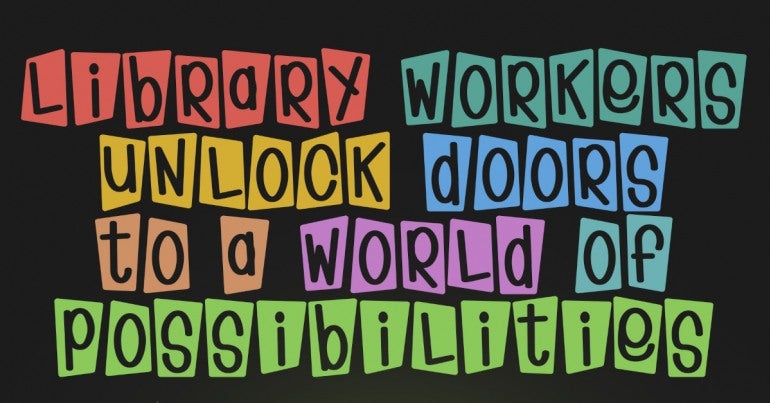 Emma Slaney Gose | CUPE National
Emma Slaney Gose | CUPE National
Pressure has mounted on multinationals sourcing garments from Bangladesh over the 15 months since the Rana Plaza disaster, in which an eight story garment factory collapsed, killing 1138 workers. Many of these companies acquiesced by signing an accord guaranteeing safety standards and just last month seven European governments issued a joint-statement calling on all brands and retailers sourcing from Bangladesh to donate to the Rana Plaza Trust Fund. Yet a group of companies stubbornly refuses to get on board with garment worker protections and is instead seeking to undermine hard-won rights through a disingenuously named “Alliance for Bangladesh Worker Safety.”
More information on the Rana Plaza Fund
The Rana Plaza tragedy prompted over 180 companies, including only one Canadian firm (Loblaws), to sign the Accord on Fire and Building Safety in Bangladesh, a five year, multi-stakeholder agreement focusing on the fire and building safety of Bangladeshi factories sourcing various overseas companies. Long before the Rana Plaza tragedy the Bangladesh Centre for Worker Solidarity along with Bangladeshi unions and trade unionists from around the world had begun pushing for this independent and legally binding accord . Since its enactment the accord has won a slew of health and safety concessions for affected workers, ranging from independent safety inspections, deadlines for the implementation of safety precautions, and even the right to refuse unsafe work. At the recent Canadian Labour Congress convention in Montreal Kalpona Akter, the Executive Director of the BCWS and a former garment worker herself, stressed the importance of this accord in improving working conditions.
See which companies have signed onto the Bangladesh accord
While this ground breaking accord has achieved health and safety gains for workers in over 1000 factories, some multinational corporations are working to undermine it by creating a parallel initiative dubiously called the “Alliance for Bangladesh Worker Safety.” More commonly known as the “Wal-Mart/ Gap Plan” the alliance is spearheaded by corporate predators Wal-Mart and the Gap who claim that their agreement is a “binding, five year undertaking” that will improve safety in Bangladesh’s ready-made garment factories. In reality it is nothing more than a clever corporate ploy to elude legally binding worker protections. In essence, the alliance is a smokescreen concealing the lack of corporate responsibility with a veneer of philanthropic generosity. It seeks not so much to prevent the deaths of Bangladeshi workers, but rather to protect the already generous profit margins of sourcing companies.
Bangladeshi worker advocates, including Akter, have speculated that companies refusing to sign onto the accord, even after the Rana Plaza disaster, do so precisely because it is legally binding and makes their obligation to ensure safe factories legally enforceable. The “alternate” alliance is a cynical attempt to stalemate any genuine efforts to protect workers by multinationals unwilling to pay up for safe workplaces, but trying to save face after the Rana Plaza disaster exposed their widespread and horrific exploitation of Bangladeshi workers. A slew of prominent companies such as Canadian Tire, Costco, Giant Tiger, Hudson’s Bay Company, Target and Sears have joined Wal-Mart and the Gap in refusing to sign on to the accord, opting instead to join the alliance.
Take action to prevent another workplace tragedy in Bangladesh
Support garment workers in Bangladesh by donating to the Maquila Solidarity Network
In the face of a largely repressive and corrupt government, the accord has ushered in new hope for Bangladeshi workers, forcing the closure of unsafe factories and demanding better working conditions. The cynical corporate attempt to hijack the response to the Rana Plaza tragedy shows, more than ever, the importance of unionizing workers on factory floors and putting in place collective agreements that guarantee the long-term enforcement of health and safety provisions. The alliance must be recognized as a sham and efforts to bolster the accord redoubled. Only then can garment workers in Bangladesh achieve the fair working conditions that they deserve.

